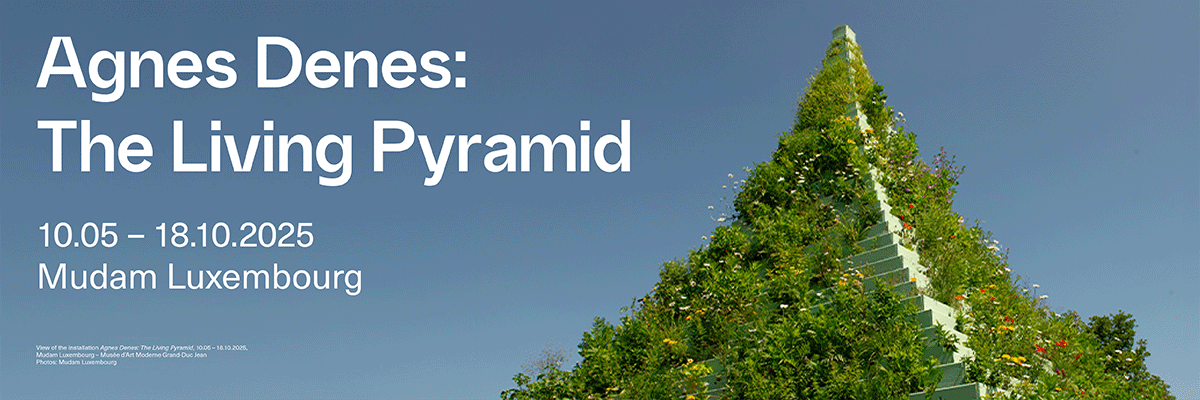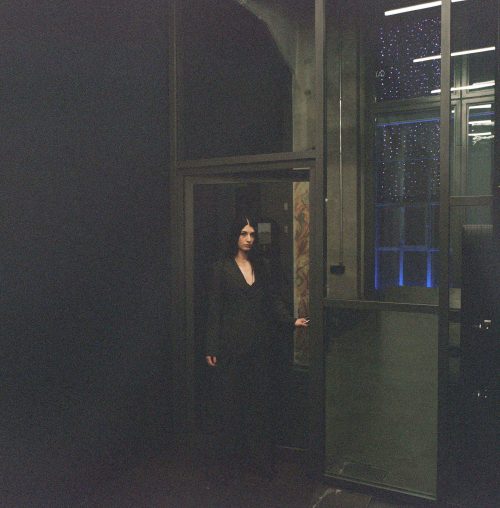
Robert Elfgen
glaz
Project Info
- 💙 Provinz Showroom
- 💚 Vera Gliem, Stephan Strsembski
- 🖤 Robert Elfgen
- 💜 Vera Gliem, Stephan Strsembski
- 💛 Stephan Strsembski
Share on

@ Robert Elfgen & Sprüth Magers
Advertisement

@ Robert Elfgen & Sprüth Magers

@ Robert Elfgen & Sprüth Magers

@ Robert Elfgen & Sprüth Magers

@ Robert Elfgen & Sprüth Magers

@ Robert Elfgen & Sprüth Magers

@ Robert Elfgen & Sprüth Magers
Robert Elfgen: Glaz
October 28 – December 3, 2023
Provinz Showroom
Schmechtingstr. 38
D-44809 Bochum
Open by appointment
In Robert Elfgen‘s exhibition „Glaz“ we encounter paintings, collages and a large bench made of wood and granite. With his objects, Elfgen creates a tension between nature in the form of landscapes, waters, forests, plants and animals on the one hand and the human sphere on the other. The one that depends on nature and inevitably destroys it.
“Glaz” is the Breton term for the color of the Atlantic, a tone between green and blue, constantly changing and difficult to pin down. Depending on the weather and the time of day and season, the color of the sea changes many shades from azure to dirty gray. The landscapes Elfgen presents under this title are also ambiguous and fluid. The pictures were not drawn and painted in the traditional sense, but were largely created using liquid stains and varnishes that were absorbed into the grain of the wood. In addition to these capillary structures, real plants have also left their mark as prints or stenciled drawings. Above dark inks we see bright, metallic sparkling traces of color. The iridescent “Glaz” detaches itself from its original meaning and becomes a term for a nature that touches.
In art history as well as in literature, the deserted landscape is a cipher for the human psyche. During the Romantic period, artists tried to capture the overwhelming nature in all its majesty. With the Age of Enlightenment, art - alongside religion - had the task of “naming” the numinous, the ineffable, which seemed to be tangible in the landscape. Art makes it possible to convey sensory experiences beyond what can be said. This is still valid today and is also the motivation for Robert Elfgen‘s landscape depictions.
The painter Daniel Richter recently said: "What is interesting about painting is not what is intelligent about it, but what makes the picture, how it is made. This "how" is something that artists often do not understand (...) This Unreflectiveness in a person, the access of the formulation in color, that's what's actually interesting. What's interesting about people isn't what can be communicated, things that we all agree on anyway (...). The question of how something like that affects you and what it is that makes a picture interesting has more to do with the specific stupidity of the artistic position than with intelligence."* The works of Robert Elfgen show that this specific stupidity has lost none of its appeal for centuries.
* Daniel Richter interviewed by Rebecca Casati, in: DIE SUCHT ZU SEHEN, Der Grisebach Podcast 74, 22.9.2023, https://grisebach.podigee.io/74-new-episode
Robert Elfgen, born in 1972, lives and works in Brittany and Cologne. From 1997 to 2001 he studied with John Armleder at the HBK Braunschweig. In 2001, Elfgen became a master student of Rosemarie Trockel at the Düsseldorf Art Academy. Scholarship holder from the Cologne Art Association and the Imhoff Foundation, Cologne (2004); North Rhine-Westphalia state funding award for young artists (2007); Graphics Prize of the State of North Rhine-Westphalia (2009). Important solo exhibitions: Strandspaziergang, Leopold Hoesch Museum, Düren (2016); Hören was zu sehen, Oldenburger Kunstverein (2015); des bien ich, Sprüth Magers Cologne (2008); Expedition, westlondonprojects, London (2006); and 1+1=3 Elfgen Technik, Bonner Kunstverein, Bonn (2005). Group exhibitions e.g. Spargelmatinee, Villa Stuck, Munich (2017); Paperworlds., me Collectors Room Berlin / Olbricht Foundation (2014) and Paul Thek exhibition in the context of contemporary art, ZKM Karlsruhe and Falckenberg Collection, Hamburg (2007–08).
Vera Gliem, Stephan Strsembski



